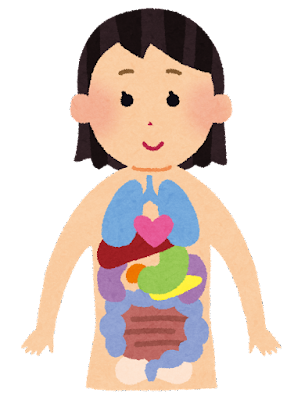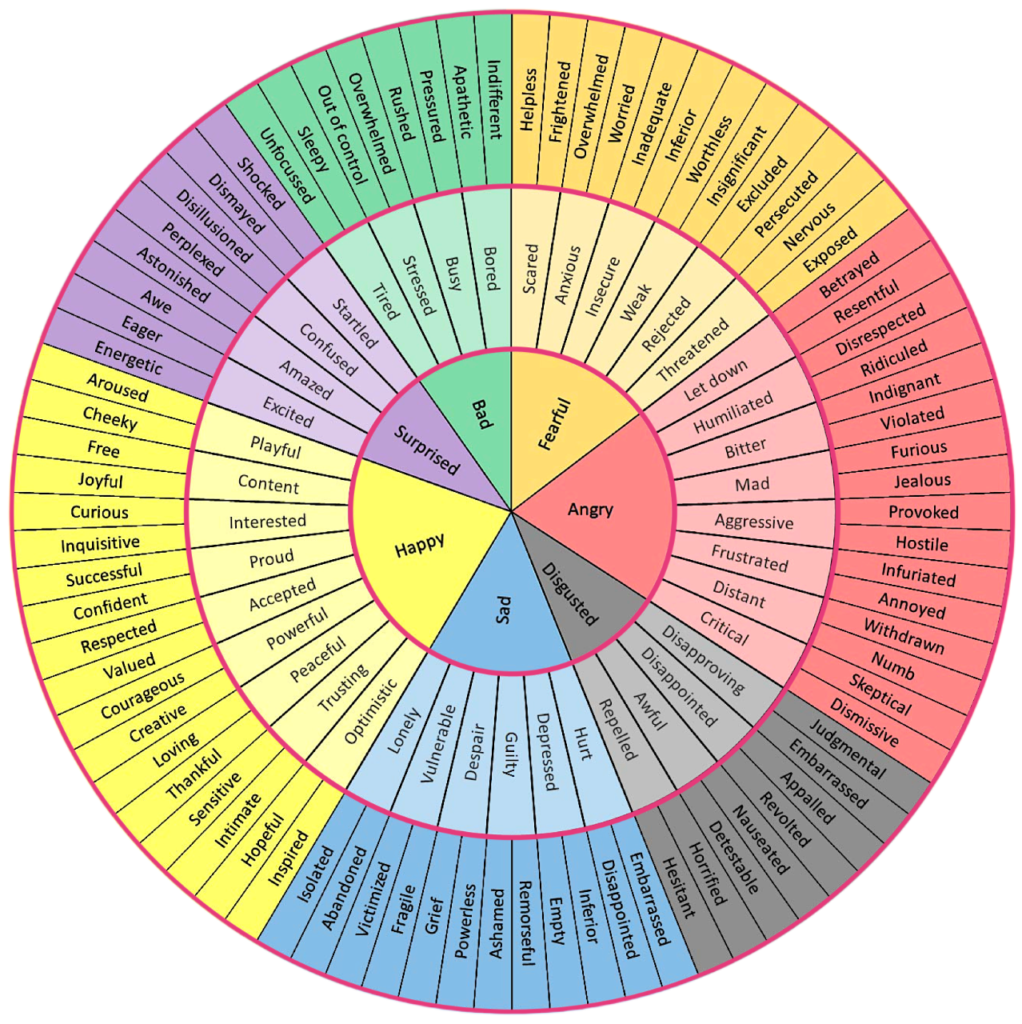Autism and Interoception
author/ amanda/ august 13, 2023
First of all, what is interoception?
Interoception is the ability to sense and understand the internal sensations and physiological signals within your body. It involves recognizing and interpreting sensations such as hunger, thirst, temperature, heart rate, breathing rate, pain, muscle tension, and other bodily sensations. Interoception is an important aspect of self-awareness and plays a crucial role in regulating your various bodily functions and emotions. Through interoception, you gain insight into your body’s internal state, and then respond appropriately to your various physiological needs and emotional cues. For example, if you have good interoceptive awareness, you can recognize when you’re hungry and then respond by eating. Also, if you recognize that you’re feeling anxious you can then implement calming techniques to regulate your emotions.

Interoceptive Awareness
The ability to consciously and subconsciously identify the signals going on within your body that tell you how you are feeling physically and emotionally. If you struggle with interoception, you may have difficulty identifying and interpreting physical feelings and emotions. Prior to a meltdown/shutdown, you may find that you don’t quite know what caused it until it’s too late.

Sensory Processing
Many girls and women with AuDHD struggle with interoceptive awareness. Because it is closely linked with other sensory processing systems, you may have a difficult time being aware of your own body, internally and externally, and being aware of your body within its surroundings. Similar to interoception, proprioception is the awareness of your body’s movement and position in a space. Therefore, if you struggle with proprioception, you may hit your hip on table corners, trip while walking, miss when high-fiving someone, and misinterpret the distance of trash cans when throwing away garbage. This is closely linked with interoception as they have to do with your sensory processing.
If you are an autistic or AuDHD girlie with poor interoceptive awareness, you may tend to do the following:
-
Not realizing you are hungry until your stomach hurts or growls.
-
Not realizing you are thirsty until you have a dry mouth and are experiencing dehydration.
-
Not realizing you need to go to the bathroom until you have to go NOW.
-
Wondering why you are so cranky and irritable until realizing far too late that you either barely slept, haven’t eaten/drank, are too hot/cold, or literally all of the above.
-
Breaking a bone or getting injured and not feeling the pain until sometime after the initial injury.
-
Not fully knowing the difference between being sad, uncomfortable, angry, frustrated, disgusted, and other various emotions. You may end up just using the blanket term “upset” to explain your feelings because you don’t quite know the specific emotion you’re experiencing.
-
Inability to discern why your heart is beating fast. It can be difficult to understand whether you’re excited, nervous, anxious, or even scared.
-
Eating until your stomach hurts and you have to lay down because you didn’t realize that you were already full part way through the meal.
-
Struggling with decision-making.
Now, you may actually be aware of the sensations within your body and the emotions you are feeling, but you just might not be able to accurately identify what they are. It’s like a riddle of sorts. Your body is telling you how you are feeling physically and emotionally, but the clues your body is providing you are not clear enough for you to accurately know what is going on. In order to figure out the riddle, you may have to ask yourself questions like, “Am I feeling hungry right now?” “Why might that be?” “If not, what else could it be?” “Am I nervous right now or am I actually excited?” Asking yourself questions such as these may help you figure out what is really going on with you emotionally and physically and what you can do to help yourself. It can be frustrating and disheartening not being able to understand yourself and your own body. This is something that girls and women with autism/AuDHD have to go through everyday and it can be discouraging. Struggling to understand others while also trying to understand what is going on with yourself is overwhelming and exhausting. Take it one step at a time and work through your physical feelings and emotional responses separately, slowly, and thoroughly so that you can learn from them. You can practice by doing “body scans.” Take time to mentally “scan” your body for any physical and emotional sensations you are feeling. Talk yourself through what you are sensing and try to determine what might be the various causes of those feelings.
Wheel of Emotions
Originally created by Dr. Gloria Willcox, The Feeling Wheel may prove to be a great visual aid for those who struggle with interoception. These days, there are a variety of options/versions available. This may be effective at broadening your emotional vocabulary and interoceptive skills.

